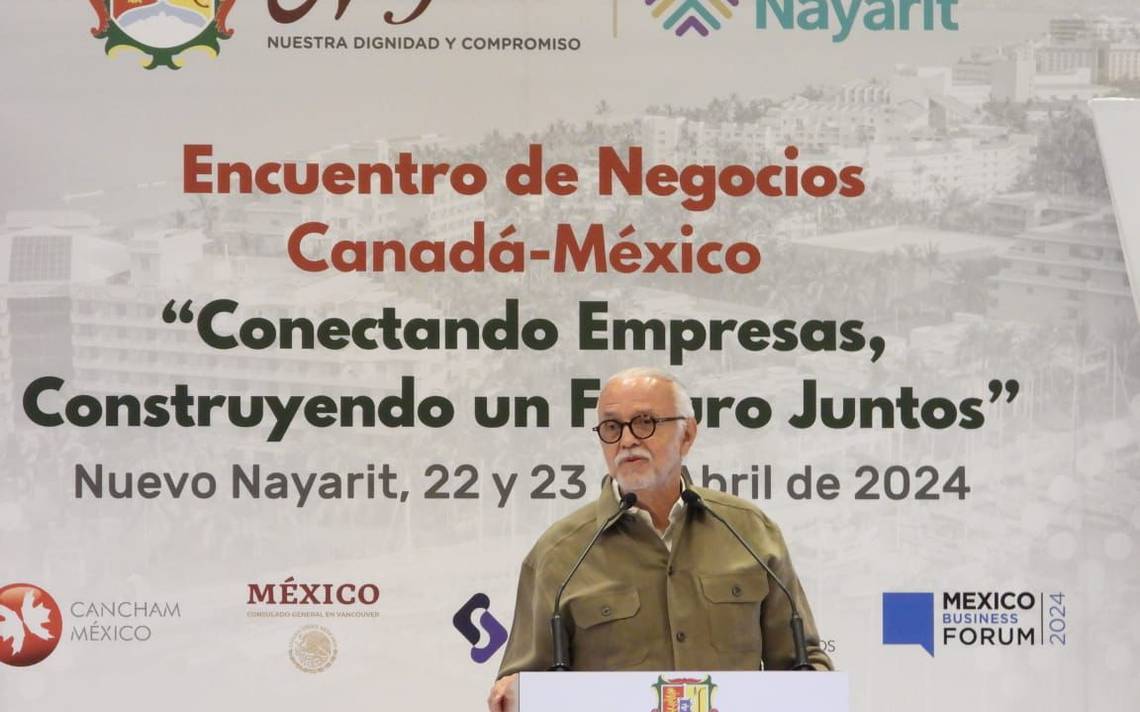His theories led him to win a prize Nobel Prize in economics In 1999, to be considered the “intellectual father” of the euro, the single currency of 19 of the 27 countries European Union (European Union). On Sunday, the economist Robert Mundell He died in Monterigoni, Siena, Italy, where he resided for a long time, at the age of 88.
This Canadian economist (born in Kingston, Ontario, on October 24, 1932) was instrumental in changing the mainstream of thought. Between the late 1950s and late 1960s, he wrote introductory essays for what, much later, he was to be called Macroeconomics of an Open Economy. When all macroeconomic models were assumed with closed economies, he radically changed this vision and built a new analytical world.
Among other things, he was the first to introduce, together with Harry Johnson, the new monetary approach to the balance of payments, which combined current monetary theory with balance of payments theory by adding both. He was also the first to develop, with Marcus Fleming, the Mondel – Fleming model, which was the key to analyzing macroeconomic problems of open economies and which had originality, on the one hand, in setting the exchange rate, such as decisive when determining the optimal economic policy mix, and on the other hand, Analyze how financial and monetary shocks affect the exchange rate.
This sample shows how that Monetary policy It is more effective in the floating exchange rate regime (as has happened in Uruguay since the 2002 crisis), and conversely, fiscal policy has better results with fixed exchange rate regimes.
But in addition to this, he provided a pioneering model for what he called “optimum monetary areas” that were the theoretical basis for building the EMU. In 1961, he set out the basic requirements that a monetary union like the European Union must fulfill, but 34 years before it could happen. Among the requirements for monetary union to function efficiently, it refers to the complete or very high mobility of factors of production, capital, labor and technology. He has shown that at fixed prices, labor mobility can be considered a substitute for Drain flexibility.
For this reason, he is considered the “intellectual father” of the euro, the single currency that was introduced on the global financial markets on January 1, 1999, to replace the old European monetary unit.
Mundell was awarded the Nobel Prize in Economics in 1999 for “his analysis of monetary and fiscal policy under different exchange rate regimes and his optimal analysis of exchange areas,” according to the explanation provided by the Academy at the time.
It laid the “theoretical foundations that dominate practical considerations of monetary and fiscal policies in open economies”.
His links to Uruguay.
In the 1980s, Mundell came to Uruguay and played a role in convincing Uruguayan economists to study in the United States, which was rare at the time, as well as coordinating an intensive graduate program in macroeconomics in 1980-1982 dictated at the central bank. (In agreement with Columbia University), economist Aldo Lima said, “who attended as students of both the institution’s officials and external economists, including from the University of the Republic.” Since 1974, Mundell has been a professor in the economics department at Columbia University in New York.
When he was awarded the Nobel Prize He returned to Uruguay and gave a lecture Also in May 2000 “at the Central Bank, stated the Director of Economic Investigations at BCU, Gerardo Lisandro.
In it, he referred to the creation of the euro and the possibility of creating the currency of Mercosur or the currency of Latin America.
Creating a Latin American currency, a much broader currency, instead of a Mercosur currency. But the process will be the same: not the dollarization but the stability of the common rate of inflation. Every country must have balanced budgets; monetary stability in this sense then a central bank for Latin America and the currency of Latin America And a Latin American dollar of sorts.
What will be the benefits? Well, it will bear the benefit of monetary stability as long as that central bank It will work stably. It could continue to be linked to the dollar, it could be linked to the euro, it could be linked to a combination of the two, it could be independent, and there is a whole bunch of possibilities. Whatever the possibility, it must always be conditional on the existence of a stable policy, and in the long term this will increase the power of Latin America, and accordingly, the Latin American IMF process and part of International Monetary Fund All of this should really help this type of system work. “





